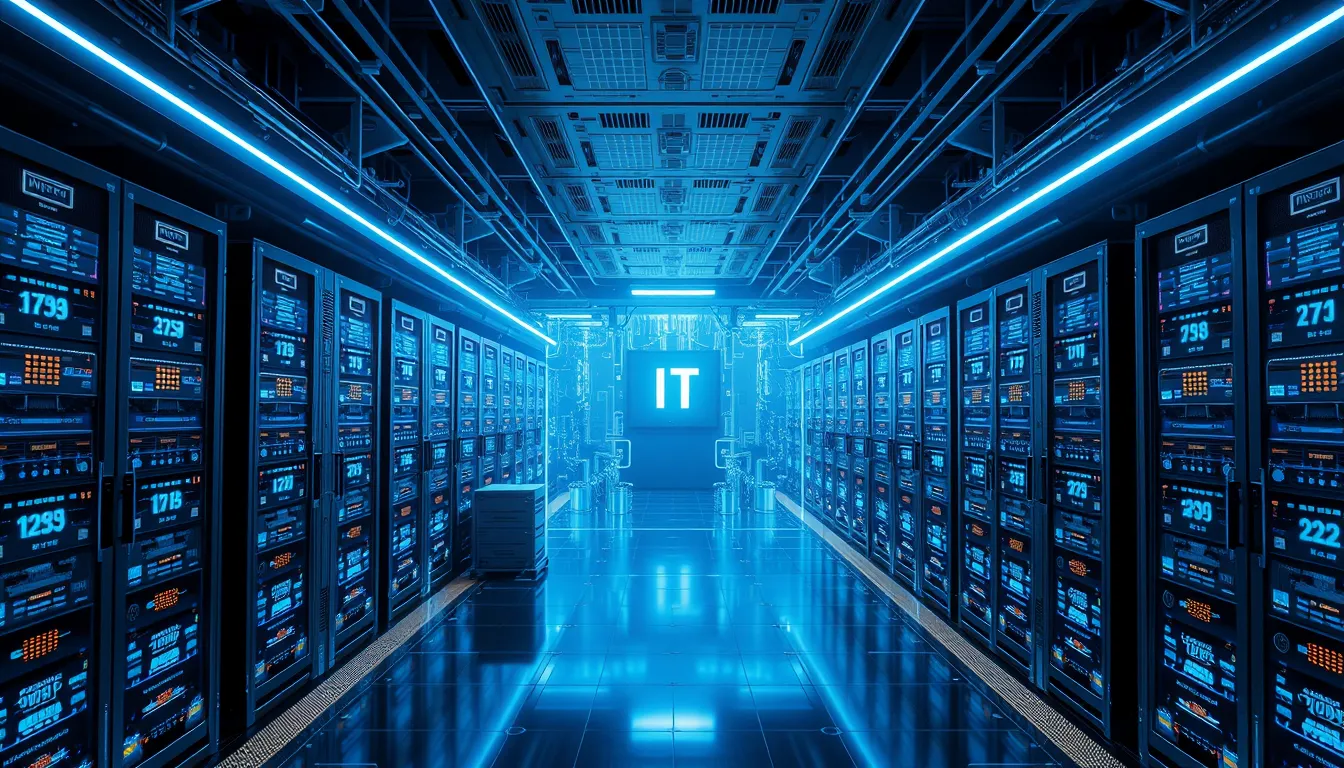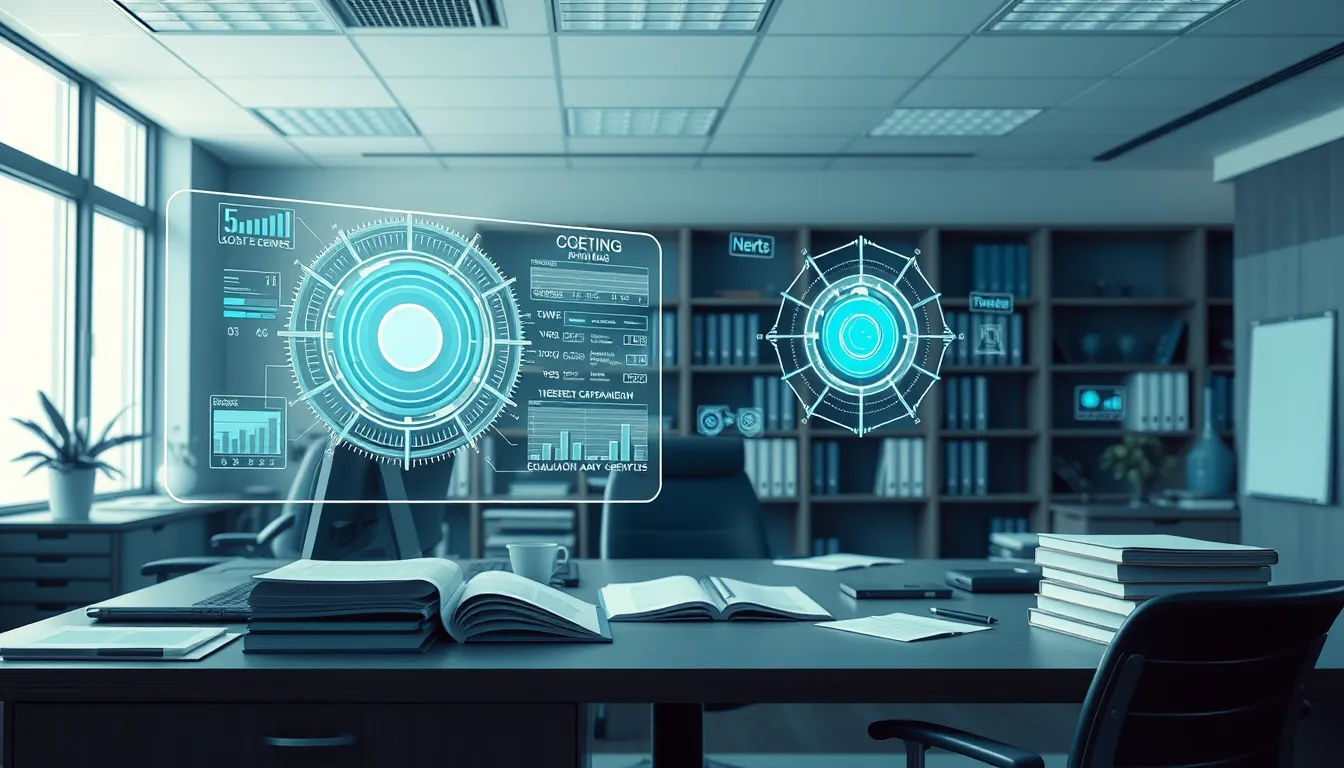Now Reading: Powerful AI in Healthcare Diagnostics: Boosting Patient Care
-
01
Powerful AI in Healthcare Diagnostics: Boosting Patient Care
Powerful AI in Healthcare Diagnostics: Boosting Patient Care

Powerful AI in Healthcare Diagnostics: Boosting Patient Care
Introduction
The landscape of modern medicine is undergoing a digital transformation as AI in healthcare diagnostics plays an increasingly critical role. With technology reshaping every aspect of patient care, healthcare professionals are leveraging AI-powered tools to improve diagnostic accuracy, medical imaging, and disease prediction. This article explores how AI in healthcare diagnostics is bridging the gap between traditional medicine and innovative technology.
The Rise of AI in Healthcare
Recent years have seen a significant surge in the adoption of AI technologies in medical facilities worldwide. AI in healthcare diagnostics is not just a trend; it represents a paradigm shift in how clinicians analyze patient data. From early disease detection to personalized treatment plans, AI contributes to a more effective healthcare system.
Key Benefits of Using AI in Diagnostics
Implementing AI solutions in healthcare brings numerous advantages:
- Improved diagnostic accuracy: AI algorithms can detect patterns that may be overlooked during manual examinations.
- Faster interpretation of medical imaging: Quicker turnaround times lead to faster treatment decisions.
- Enhanced predictive analytics: AI tools assess patient risk factors, aiding in early intervention.
- Cost efficiency: Reducing diagnostic errors ultimately minimizes healthcare expenses.
How AI Enhances Diagnostic Accuracy
One of the most impactful areas is how AI improves diagnostic accuracy. By analyzing large datasets and extracting meaningful patterns, AI in healthcare diagnostics serves as an essential tool for clinicians. For instance, in radiology, AI-powered image analysis assists in identifying subtle anomalies that might be missed on a standard examination. These enhanced capabilities support doctors in making more informed decisions, leading to improved patient care.
Innovative Applications of AI in Healthcare
The scope of AI applications in healthcare diagnostics is continuously expanding. Some notable areas include:
- AI Medical Imaging: Machine learning algorithms analyze X-rays, MRIs, and CT scans, providing radiologists with additional insights. This elevates the level of diagnostic precision in detecting diseases like cancer and cardiovascular abnormalities.
- AI Disease Prediction: Predictive models harness patient data to forecast the likelihood of disease progression. These tools are invaluable for chronic disease management and early intervention strategies.
- AI in Pathology: Automated analysis of biopsy samples and tissue images accelerates the identification of abnormal cell patterns, drastically reducing turnaround times.
The Role of Data in Enhancing AI Diagnostics
One of the primary enablers of effective AI in healthcare diagnostics is data. A vast array of patient information, when processed correctly, can reveal trends that inform broader treatment strategies. As data sources become richer and more diverse, AI algorithms are becoming more sophisticated in predicting outcomes and guiding therapeutic decisions.
Integrating AI with Healthcare Systems
Successful integration of AI into healthcare systems requires interdisciplinary collaboration. Here are key steps to ensure smooth adoption:
- Training sessions: Medical staff should be well-trained in using AI systems to maximize benefits.
- Infrastructure upgrades: Reliable IT infrastructure is critical for processing large datasets.
- Continuous evaluation: Regular assessment of AI performance ensures that the systems evolve with technological advancements.
While integrating these systems, it is recommended to consult reliable sources like Healthcare IT News for the latest trends and developments.
Addressing Challenges in AI Diagnostics
Despite the many benefits, challenges still need to be addressed. Data privacy, accuracy of AI models, and the need for continuous learning are key issues. Successfully overcoming these obstacles requires coordinated efforts between institutions, technical experts, and regulatory bodies. Transparency in algorithm development and rigorous testing protocols ensure that AI tools remain safe and effective.
Looking Ahead: The Future of AI in Healthcare
As we step into the future, it is clear that AI in healthcare diagnostics is paving the way for groundbreaking innovations. The fusion of AI with traditional healthcare practices promises a future where patient care is more proactive, personalized, and precise.
Conclusion
AI in healthcare diagnostics is not merely an emerging trend; it is an essential component of modern medical practice. With the capability to enhance diagnostic accuracy, speed up medical imaging analysis, and predict disease more effectively, AI is transforming patient care. The journey has just begun and the advancements seen today are just a glimpse of what the future holds.
For further reading on technological advancements in healthcare, consider visiting the official website of OpenAI to explore how artificial intelligence continues to revolutionize various industries.
By understanding and embracing these changes, healthcare professionals are better equipped to provide exceptional care, predict disease, and ultimately, save lives. The era of AI in diagnostics is here, and its impact on healthcare will only continue to grow.

























